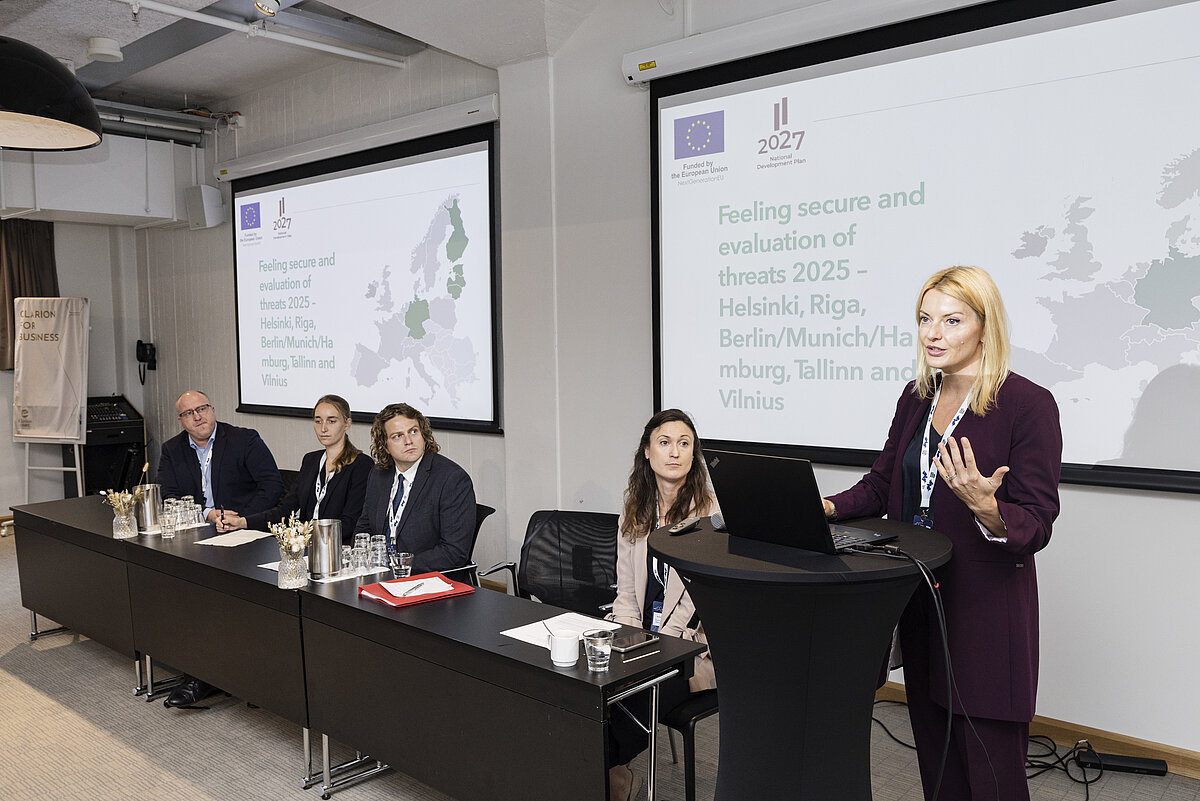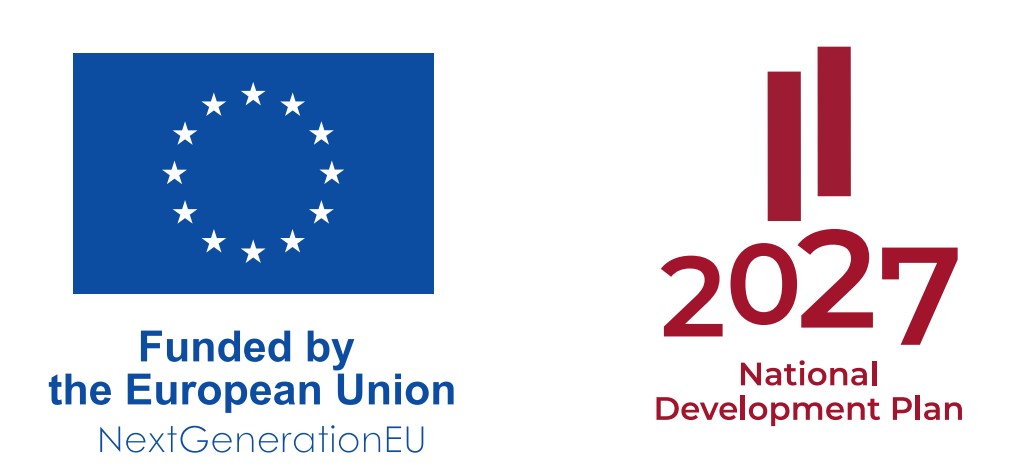

The high-level event, opened by the President of Finland, Alexander Stubb, gathered senior government, military, think-tank, media, and industry leaders to discuss security challenges and foster strategic cooperation. The participation of UL FESS researchers in the speakers’ program for the second consecutive year underscores the growing international recognition of Latvian expertise in resilience and preparedness research.
The panel “Individual Level Preparedness – Are Citizens of Finland, Germany, and the Baltic States Ready for a Crisis?” was organized and moderated by Dr. Ieva Birka, lead researcher at the Advanced Social and Political Research Institute (ASPRI) of the UL FESS, who also presented at the panel. The session showcased comparative research on how prepared urban residents are to withstand emergencies. The discussion was based on results from the Council of the Baltic Sea States (CBSS)-initiated project “Prepared Together: Stronger Together”, which developed the first regional survey methodology and strengthened cross-border research cooperation. This initiative has since been further advanced through the University of Latvia-funded project “Urban Preparedness for Emerging Risks in the Baltic Sea Region.”
Research results reveal a serious security risk for the Baltic Sea Region and beyond. Urban residents in Helsinki, Riga, Tallinn, Vilnius, and the German cities of Berlin, Hamburg, and Munich are not adequately prepared to cope with crisis situations such as power outages, supply chain disruptions, or natural disasters. Surveys show that only a small percentage of the population would be able to remain self-sufficient for the internationally recommended 72-hour period without access to external support. This limited level of preparedness would leave cities highly vulnerable in the event of an emergency, placing additional strain on national crisis management systems and increasing risks to both individual safety and societal stability.
Ieva Birka, lead researcher at the ASPRI of the UL FESS, highlighted the urgency of addressing these preparedness gaps. “Critically low levels of individual readiness in urban centers across the Baltic Sea Region demand immediate attention. Without decisive action, cities will remain highly vulnerable in the face of emerging risks.”
Insights from Finland, shared by Annika Rinne of the Finnish National Rescue Association (SPEK), confirmed that urban residents are consistently less prepared than their rural counterparts. The panel discussion also addressed the challenge of raising public awareness without creating unnecessary fear. Panelists and participants stressed the importance of communication strategies that empower citizens with practical knowledge and skills while avoiding messages that could cause panic.
By participating in the Helsinki Security Forum, the University of Latvia contributed to a high-level international dialogue on security and resilience, strengthening cooperation with partners in the Baltic Sea Region and beyond.
Project title: Urban Preparedness for Emerging Risks in the Baltic Sea Region
Project Contract Number: No. 5.2.1.1.i.0/2/24/I/CFLA/007
Project Grant Agreement Number: LU-BA-PA-2024/1-0051

 CONFERENCE
CONFERENCE